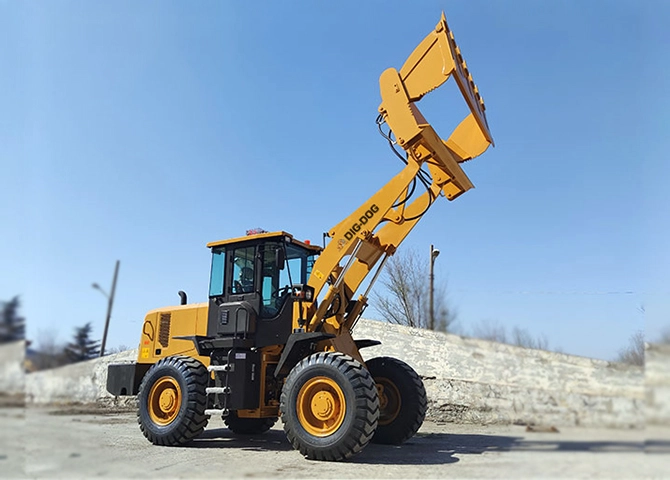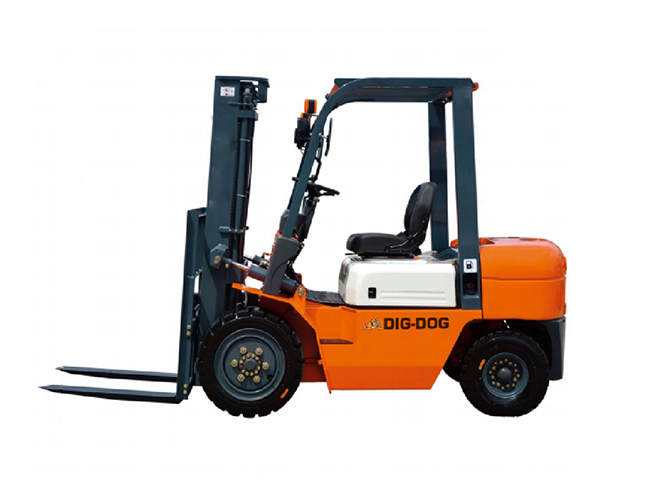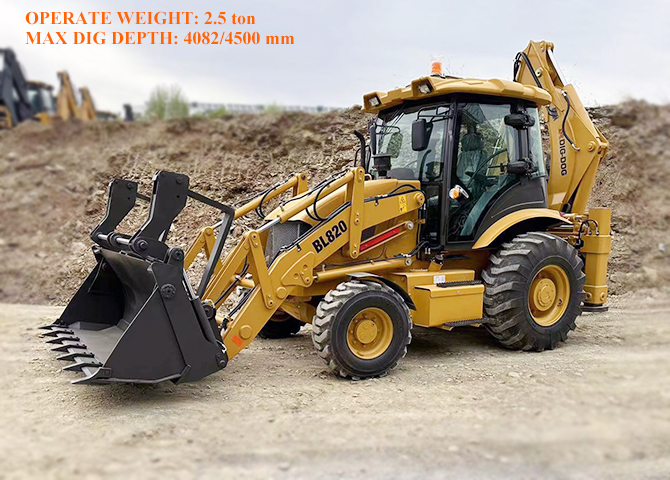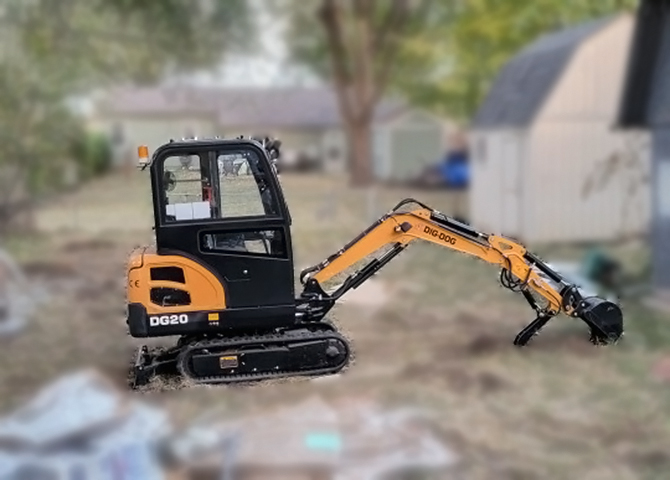Heavy Construction Equipment (CE) are generally highly priced and involve a lot of capital investment. Thus, a lot of research is needed while selecting the right CE for the job. Well, research is not only needed for selecting the most appropriate make and model of the equipment but for choosing the right CE supplier too. This is because it is the supplier who is responsible for providing you both the initial consultation on the purchase and then back that purchase with all the necessary post-sale support.

Given that there are numerous suppliers of any particular CE type in the market, customers are often confused and find it difficult to zero down on any one of the supplier. Hence, here are some tips to help you choose the best CE supplier.
How to select your CE supplier?
Choosing the right Construction Equipment supplier is an art which has to be mastered before making the equipment purchase decision. There are many pointers that need to be kept in mind.
1. Do the due diligence: Like you thoroughly research before finalising the equipment type that you want to buy, the same approach is needed when selecting the equipment supplier too. You need to study various equipment suppliers and look at what each of them is offering. Through this, you would be able zero down on some of the best suppliers. However, the work does not end here. You need to then look at what makes any supplier better than its competitors. This comparative study can only help you make the right choice.
2. Choose a supplier whose equipment fulfils all your need: Given the fact that be it any CE, they come in various sizes and capacity, hence, it is always best for you to choose a supplier having a wide range of equipment. This is because it will give you a choice to choose the one that fits best to your needs. Thus, it’s better to choose a supplier whose equipment fulfils all your needs.
3. Choose a branded supplier: You need to also look at the market report of the suppliers and choose a supplier who has earned good name and reputation in the market. For that, you can take supplier’s old customers’ feedback. It is always better to go for a quality CE from a reputed company or supplier like Mahindra Construction Equipment (MCE). This is because such suppliers are known for their better quality, innovative, energy-saving and high performance equipment. Also, such companies manufacture technologically-advanced machines which are best in all terms. What more? While dealing with these companies, you can surely expect professional service and excellent after-sales service.
4. Look for a supplier who gives good after-sales service: Post-sales service is extremely important as it is often one of the primary components that can ensure long-term ROI of your purchase and help you deal with equipment issues later on easily. Post-sales service also involves helping the customer understand the equipment in the initial days. For example, in spite of having one of the best equipment and its operator at work, problems and doubts can arise. Thankfully, there are companies which provide good post-sales service. Thus, it is better to choose those suppliers that offer good after-sales support in terms of onsite visit and the like. For example, for post-sales services, MCE offers few days’ dedicated training for operators, in which operators are personally trained on various features of the machines by professional trainers.
5. Guarantee and warranty giving suppliers should be welcomed: Suppliers who are ready to give the guarantee and warranty of the equipment should always be put first in the consideration scenario. However, due attention should always be given to the length of the guarantee and warranty period. Here, it is to be noted that MCE gives the customers 2 years unlimited hours of warranty with 11 free services.
6. Customer-friendly suppliers should be given preference: You should always make it a point to choose a supplier who is ready to help during or after business hours. By this, we mean that necessarily those suppliers should be chosen who make an effort to understand their customer’s need and provide the best possible solution. This also means suppliers being considerate when it comes to the cost and offering best to the customers on all fronts.
7. The prices of the other suppliers should be studies: Different suppliers of same equipment might have different cost based on the equipment features they offer. Hence, you should be clear about what you want and then compare the cost of the equipment of various suppliers offering the required features. You should choose that equipment supplier which offers the best deal for the equipment that you are looking to buy.
8. Opt for suppliers which provide financing option: Some suppliers may offer in-house financing option. If they do, you need to read all the fine print and know the rate of interest involved. On the other hand, companies like MCE tie up with various banks to allow customers to easily finance the machine.
So, do keep the above tips in mind and wisely select the equipment supplier who matches all or most of your criteria.
To sum up
For selecting the right equipment supplier, planning and due diligence is extremely important. The above mentioned steps may seem time consuming and laborious but they are extremely important when selecting the right equipment supplier. You need to pay heed to each of them so as to not suffer losses in the long run.
 How To Choose The Right Compact Wheel Loader
How To Choose The Right Compact Wheel Loader
 How Much Does a Forklift Weigh?
How Much Does a Forklift Weigh?
 How Much Does a Backhoe Weigh
How Much Does a Backhoe Weigh
 How Much Does a Mini Excavator Weigh
How Much Does a Mini Excavator Weigh